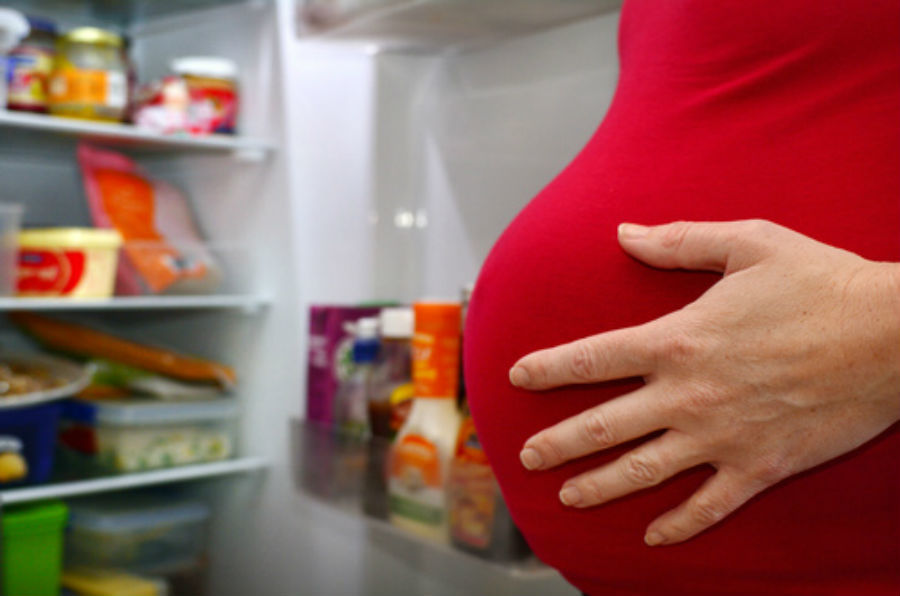During pregnancy, a woman’s body changes drastically and with these changes can come some unpleasant health problems. Some women can remain healthy and feel great throughout the duration of their pregnancy. Many women, however, are not so lucky. If a woman already has preexisting health conditions before she becomes pregnant, or is over the age of 35, she is more at risk of developing pregnancy health-related problems.
Urinary Tract Infections
Urinary tract infections can happen to anyone, but they’re more common in pregnant women due to hormone changes. When a growing uterus presses onto the bladder it prevents the bladder from emptying completely, which traps bacteria. The most common symptoms include:
- A burning sensation when urinating
- Frequent and urgent need to empty bladder even though only a small amount comes out
- Cloudy or strange-smelling urine
- Cramping in the lower back and/or lower abdomen
UTIs are typically treated with antibiotics and will usually go away in 3-7 days. Access online UTI information to learn more about symptoms and what you can do about them.
Hemorrhoids
Another common but unpleasant issue many pregnant women deal with are hemorrhoids. Even though they are completely harmless, hemorrhoids cause discomfort, pain, and itchiness. At around the 25-week mark of pregnancy, the uterus grows and increases the blood flow to the pelvic area, sometimes leading the veins in the rectal wall to become swollen. Some ways to prevent hemorrhoids from occurring include sleeping on your side, drinking plenty of water, increasing your fiber, keep moving, and avoid straining on the toilet.
High Blood Pressure
It’s important to control your blood pressure, especially during pregnancy, because it can lead to health problems for you and your unborn baby. Some of the most common causes of high blood pressure in pregnancy include obesity, failing to stay active, a family history of chronic hypertension, and first-time pregnancy. To keep your blood pressure under control be sure to keep all your prenatal appointments, take blood pressure medication as prescribed, eat a healthy diet, and get regular exercise.
Gestational Diabetes
Gestational diabetes is a form of diabetes that only occurs during pregnancy due to hormones causing sugar to build up in your blood. Some women are more at risk of getting it than others including those that we overweight before becoming pregnant, a family history of diabetes, African Americans, Asians, Native Americans, and Hispanics are all more susceptible to getting it. If you have gestational diabetes, your doctor will work closely with you to control your blood sugar levels and may suggest exercise and eating a healthy diet.
Indigestion and Heartburn
Heartburn and indigestion are very common in pregnancy due to progesterone relaxing the muscles that would normally keep acid from entering the esophagus. As unpleasant as these health problems are, there are many things you can do to keep the acid at bay including eating smaller meals, drinking alkaline water, chewing gum, yogurt, milk, and high enzyme foods like pineapple. For persistent heartburn or indigestion, your doctor can might prescribe you a safe heartburn medication to take.
Pregnancy is a joyous time in any woman’s life, but it can be unpleasant for some. Some of the best ways to make sure your pregnancy is as healthy as possible are to exercise regularly, stop smoking, get plenty of rest, cut back on caffeine, and eat a healthy diet. If you have any concerns about your pregnancy, it’s important to bring them up to your doctor as soon as possible. Whether this is your first pregnancy or your fifth, enjoy embracing the life growing inside of you and spend time taking care of yourself.












